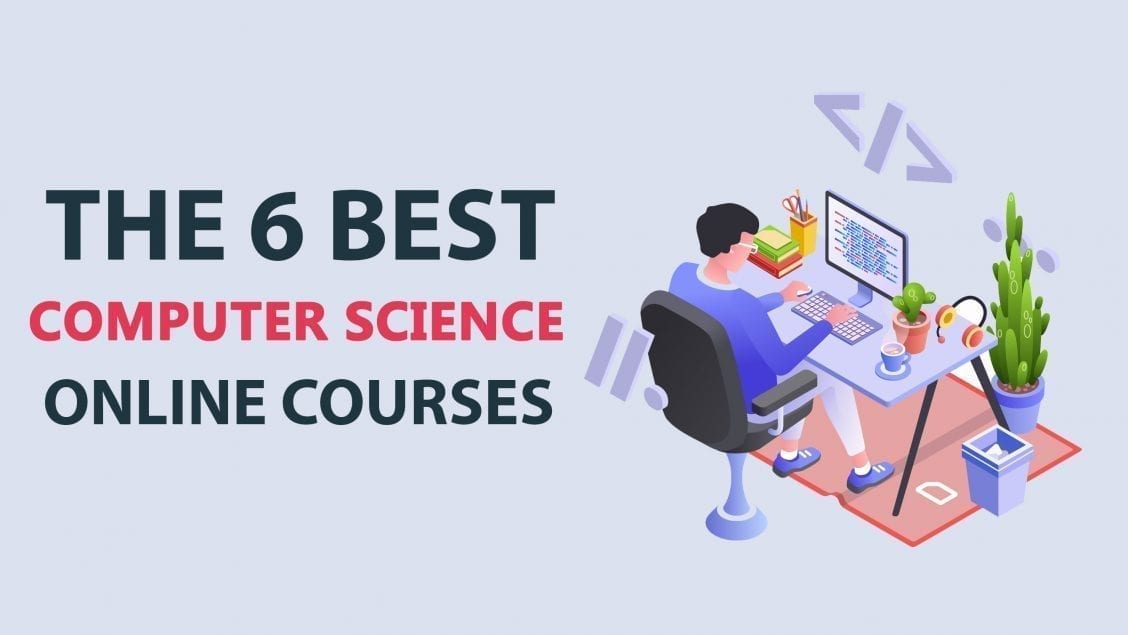Online college computer science opens up a world of opportunities for aspiring tech enthusiasts. In today’s digital age, the importance of a solid understanding of computer science cannot be overstated, as it serves as the backbone of countless industries. With the rise of online education, students can now engage with this dynamic field from the comfort of their homes, navigating through a comprehensive curriculum that equips them with essential skills for the future.
This field encompasses various aspects such as programming, systems analysis, and software development, providing a robust framework for students to thrive in a competitive job market. As technology continues to evolve, the relevance of computer science education online becomes increasingly significant, offering flexibility and accessibility to learners from diverse backgrounds.
In today’s digital age, the notion of community has transformed significantly. Gone are the days when communities were defined solely by geographical boundaries. Now, the internet allows us to connect with people from all walks of life, regardless of where they reside. This shift has led to the emergence of virtual communities that thrive on shared interests, values, or goals.
Such communities can revolve around everything from hobbies and professional development to support systems and social activism.Understanding the dynamics of online communities is essential for anyone looking to engage with them meaningfully. At their core, online communities foster relationships that transcend physical presence. They allow individuals to express themselves, find support, and exchange ideas with like-minded individuals. The beauty of these communities lies in their diversity.
Members often come from different cultural backgrounds, which enriches the conversation and provides a broader perspective on various topics. One of the most significant advantages of being part of an online community is the access to a wealth of information and resources. For instance, many forums or social media groups are dedicated to specific interests, such as photography, coding, or mental health.

Members can share tips, tutorials, and personal experiences, creating a repository of knowledge that can be invaluable, especially for those new to a particular field or hobby.Moreover, being part of an online community can provide a sense of belonging. In a world where many feel isolated, finding a group that shares similar interests can be comforting. These communities often encourage open discussions, where members can share their thoughts and feelings without the fear of judgment.

This support network can be particularly beneficial for individuals navigating challenges such as mental health issues, career changes, or personal crises. The shared experiences can foster empathy and understanding, which are vital for personal growth.However, engaging in online communities is not without its challenges. One of the primary concerns is the issue of moderation and maintaining a healthy environment. As communities grow, they can attract individuals with differing viewpoints, which can lead to conflicts.
It’s crucial for community leaders and members to establish guidelines that promote respectful dialogue and discourage toxicity. This may include having clear policies on hate speech, harassment, and misinformation. Another challenge is the tendency for echo chambers to form within communities. While it’s comforting to connect with others who share similar views, it can also limit exposure to diverse perspectives.
This phenomenon can hinder critical thinking and lead to groupthink, where dissenting opinions are discouraged or ignored. To combat this, members should actively seek out differing viewpoints and engage in constructive discussions. This not only broadens understanding but also strengthens the community as a whole.Technology plays a pivotal role in the functioning of online communities. Platforms like Facebook, Reddit, and Discord have created spaces for individuals to connect and collaborate.
Each platform has its unique features that cater to different types of communities. For instance, Reddit’s subreddit system allows for niche communities to flourish, while Discord provides an interactive experience through voice chats and live messaging. It’s essential for community members to choose platforms that align with their preferences and the nature of their interactions. In addition to traditional social media, newer technologies such as virtual reality (VR) and augmented reality (AR) are starting to make waves in the community space.
These technologies can create immersive experiences that allow members to interact in more meaningful ways. For example, VR platforms can host events or gatherings where members can ‘meet’ in a virtual space, simulating real-life interactions. This evolution of online communities opens up exciting possibilities for engagement and connection.As the landscape of online communities continues to evolve, it’s important for individuals to approach these spaces with intention.
Whether you’re looking to join an existing community or create your own, consider what values and goals are important to you. Engaging with authenticity and respect will not only enhance your experience but also contribute positively to the community. To create a thriving online community, it’s essential to prioritize inclusivity. This means being mindful of language, cultural differences, and various backgrounds.
Encouraging diverse voices will enrich discussions and foster a sense of belonging for all members. Additionally, community leaders should be proactive in seeking feedback and adapting to the needs of members. This responsiveness can help keep the community dynamic and relevant.In conclusion, online communities offer a space for connection, growth, and shared experiences. They provide opportunities for learning and support, while also presenting certain challenges that require thoughtful navigation.
By embracing diversity, promoting respectful dialogue, and leveraging technology, we can cultivate vibrant communities that enhance our lives. As we look to the future, the potential for online communities to impact society positively is immense. It’s up to us to engage thoughtfully and contribute to the collective well-being of these digital spaces.
Key Questions Answered: Online College Computer Science
What qualifications do I need to enroll in an online computer science program?
Most online computer science programs require a high school diploma or equivalent, while some may ask for prior coursework in math and science.
Can I work while studying online for a computer science degree?

Yes, online programs offer flexible scheduling, allowing you to balance work and study effectively.
Are online computer science degrees respected by employers?
Yes, many employers recognize online degrees from accredited institutions as equivalent to traditional degrees.
What career opportunities are available with a computer science degree?
Graduates can pursue careers in software development, data analysis, cybersecurity, and many more tech-related fields.
How long does it typically take to complete an online computer science degree?
Completion time varies, but most bachelor’s programs can be finished in approximately four years if studying full-time.











